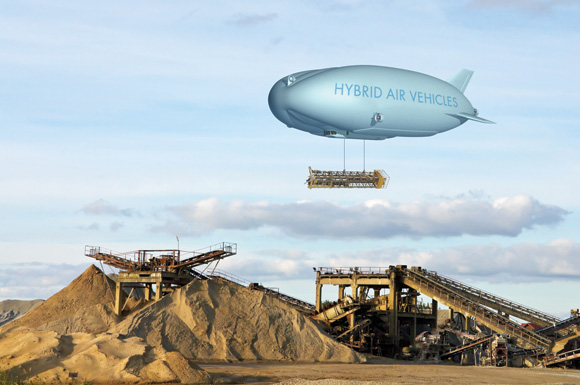
Breaking News
 No One Does It Like Johnny Carson | Mark Malkoff #470 | The Way I Heard It
No One Does It Like Johnny Carson | Mark Malkoff #470 | The Way I Heard It
 Webb is ready - the open source tool that will decode the Epstein files for EVERYONE
Webb is ready - the open source tool that will decode the Epstein files for EVERYONE
 Trump administration ending Minneapolis immigration Operation Metro Surge
Trump administration ending Minneapolis immigration Operation Metro Surge
 TUMBLER RIDGE MASSACRE: The Trans Shooter Media TRIED TO HIDE...
TUMBLER RIDGE MASSACRE: The Trans Shooter Media TRIED TO HIDE...
Top Tech News
 Drone-launching underwater drone hitches a ride on ship and sub hulls
Drone-launching underwater drone hitches a ride on ship and sub hulls
 Humanoid Robots Get "Brains" As Dual-Use Fears Mount
Humanoid Robots Get "Brains" As Dual-Use Fears Mount
 SpaceX Authorized to Increase High Speed Internet Download Speeds 5X Through 2026
SpaceX Authorized to Increase High Speed Internet Download Speeds 5X Through 2026
 Space AI is the Key to the Technological Singularity
Space AI is the Key to the Technological Singularity
 Velocitor X-1 eVTOL could be beating the traffic in just a year
Velocitor X-1 eVTOL could be beating the traffic in just a year
 Starlink smasher? China claims world's best high-powered microwave weapon
Starlink smasher? China claims world's best high-powered microwave weapon
 Wood scraps turn 'useless' desert sand into concrete
Wood scraps turn 'useless' desert sand into concrete
 Let's Do a Detailed Review of Zorin -- Is This Good for Ex-Windows Users?
Let's Do a Detailed Review of Zorin -- Is This Good for Ex-Windows Users?
 The World's First Sodium-Ion Battery EV Is A Winter Range Monster
The World's First Sodium-Ion Battery EV Is A Winter Range Monster
 China's CATL 5C Battery Breakthrough will Make Most Combustion Engine Vehicles OBSOLETE
China's CATL 5C Battery Breakthrough will Make Most Combustion Engine Vehicles OBSOLETE
ARE AIRSHIPS THE ANSWER TO CANADA'S INTERIOR WOES?

By land mass, Canada is the second largest country on Earth. Yet much like Earth's largest country, Russia, humans populate a very small amount of its land. This leaves large tracts of resources untapped and wilderness unvisited. However, snow and ice make vast swathes of this land inaccessible for all but a few summer months, and large sea ice prevents the same for ships much of the time. And though increasing global temperatures will eventually (if global climate change isn't halted) reduce sea ice and the potential severity of winter, there's another alternative if humans want to traverse interior Canada before that happens: actual freakin' airships.
Highlighting the efforts of a few existing modern airship companies, Prentice outlines one of the first markets where it seems airships truly offer a competitive advantage. Needing only limited space to deliver their goods and capable of carrying heavy cargoes, airships could act much like ocean-going vessels do for much of the world: hauling in bulk items regularly, without the added costs and speed of airplane delivery.



